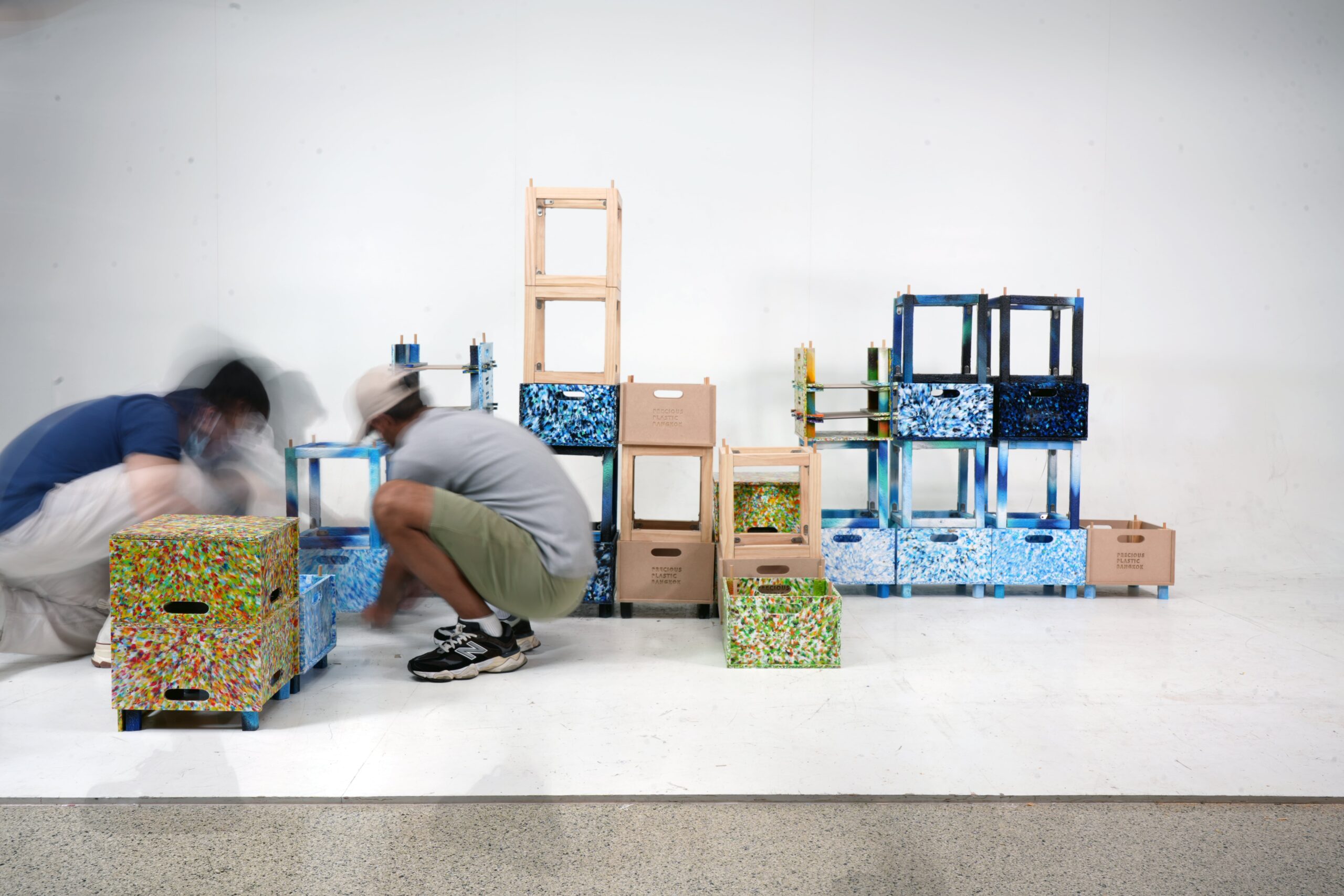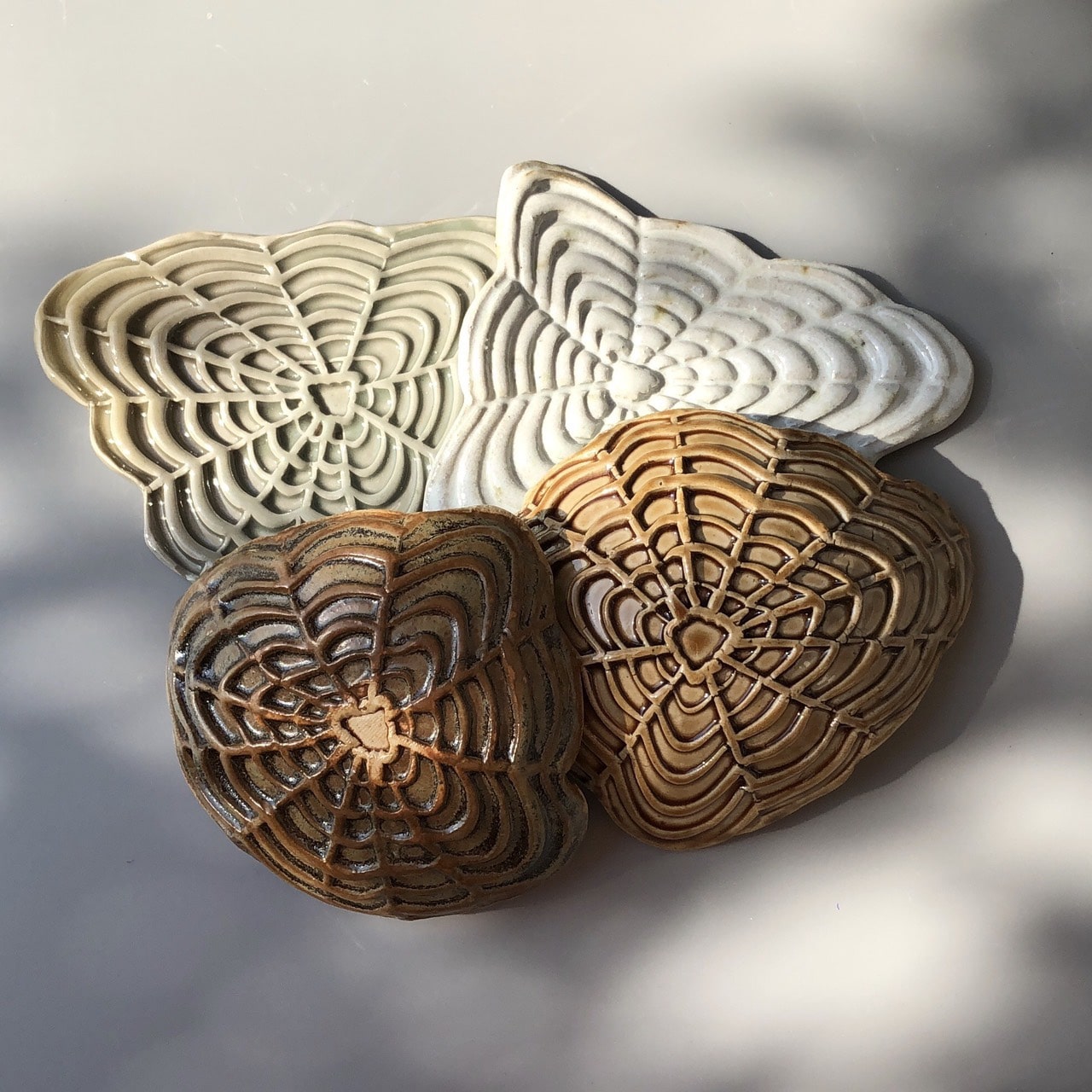In an exploratory and ambitious school like INDA, the spaces where learning and experimentation happen are vital to its livelihood and its success as a creative hub. This workshop aims to design and realize support components and devices (including furniture pieces, identity elements, storage units, etc.) for the new studio spaces at the Chulapat 14 building. Students research the social and creative dynamics of spaces that are not used specifically for classroom instruction in design schools around the world. They examine spaces that foster dialog and discussion, and they explore the value of seemingly unnecessary spaces and elements. How can we enable exchange and support informal interactions through the design of space and the objects within it?

Antonio Bernacchi
Chompisa Amatayakul
Phudtripart Bhudthonamochai
Krissada Laohongkiat
Prae Lertprasertkul
Preeyanuch Natthapan
Palika Nitisiri
Chayanisa Ongarjphanchai
Yuka Sato
Sasipat Tarinamornpong
Related Projects:

Plant Plastica
"Plant Plastica: A Workshop into the World of Upcycling Plastic" is a project aimed at addressing the pervasive issue of plastic waste in contemporary society. In collaboration with Precious Plastic Bangkok, students learn to upcycle waste materials and adopt environmentally conscious design approaches. They are tasked to fabricate a collection of large-scale furniture using CNC, plastic recycling solutions, and low-tech machinery. Simultaneously, students develop skills in stakeholder collaboration and community engagement. To promote wider awareness and education about plastic waste and upcycling, students design, organize, and curate a public pop-up event and workshop. The project emphasizes the importance of considering the entire lifecycle of plastic in architectural practices, from extraction and production to disposal and upcycling. This initiative is a stride towards resource sustainability and responsible design in the face of 21st-century environmental challenges.

Circular Economy
Looking beyond the current take-make-waste extractive industrial model, the circular economy aims to redefine growth and focus on positive society-wide benefits. It entails gradually decoupling economic activity from the consumption of finite resources, and designing waste out of the system. Underpinned by a transition to renewable energy sources, the circular model builds economic, natural, and social capital. This project is a collaboration between INDA and SCG to investigate the possibilities of a circular economy through the reuse or remaking of sludge waste material provided by SCG. Students work with SCG’s latest technology to create ideas and develop product designs for wall tiles and other types of products, which are later exhibited at SCG Experience at the Crystal Design Center (CDC) in Bangkok.